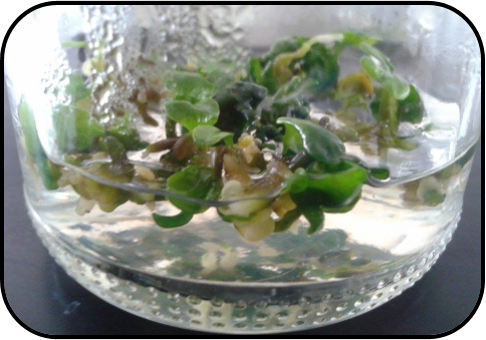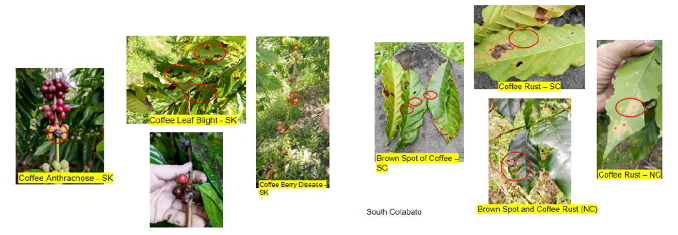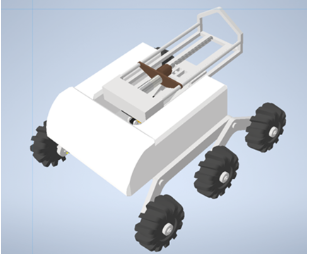Enhancing the Agri-Aqua Food Value Chain through Smart Technologies and Partnerships towards Food Resiliency in the New Normal in CALABARZON

This study investigated the coffee value chain in the CALABARZON and …

This study investigated the coffee value chain in the CALABARZON and …

The project is being implemented in the three major coffee producing …

Upscale the application of S&T interventions found to be profitable in …

Producing more good quality …



Coffee is an important global …

Presently, local farmers apply …

